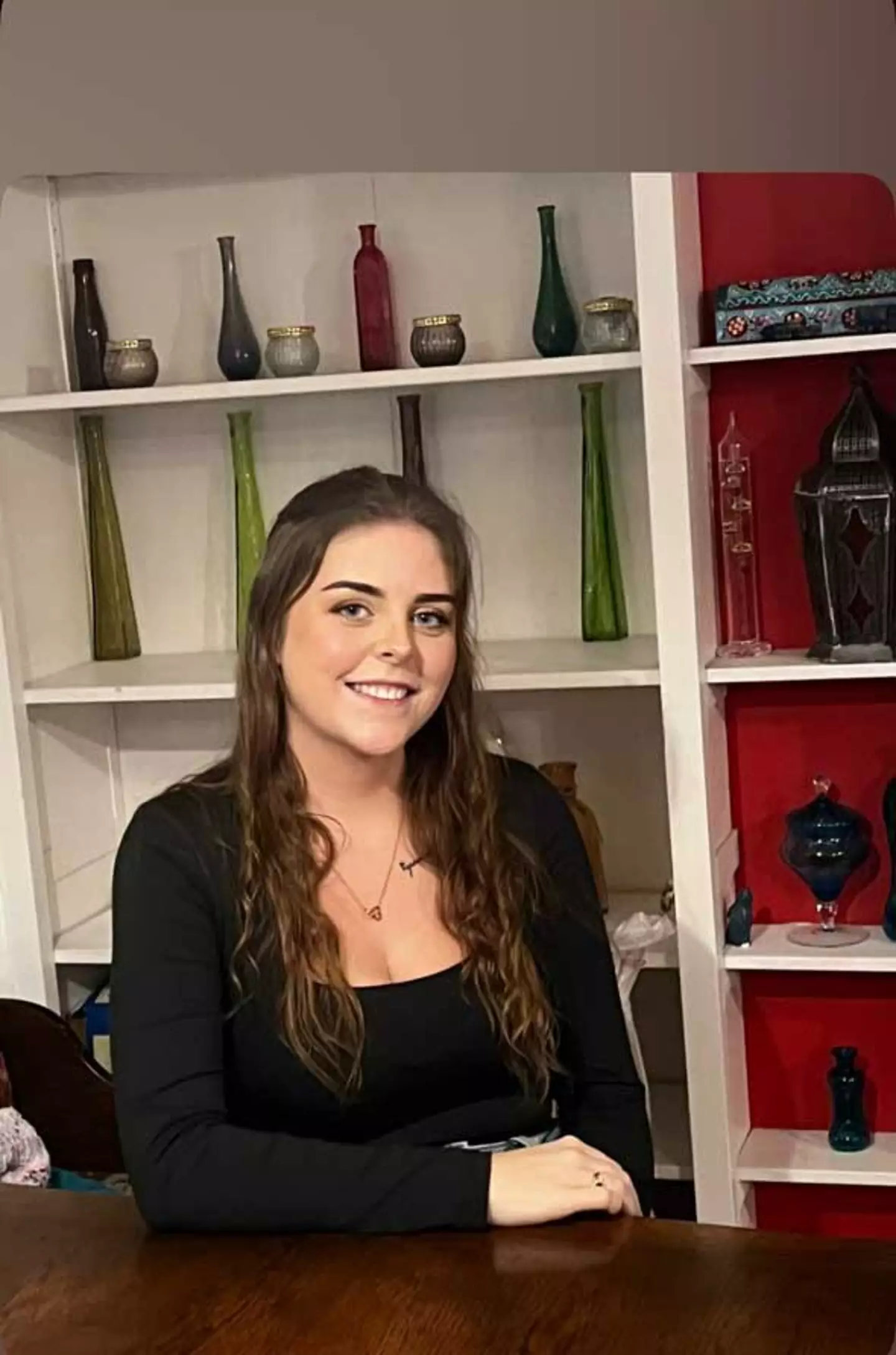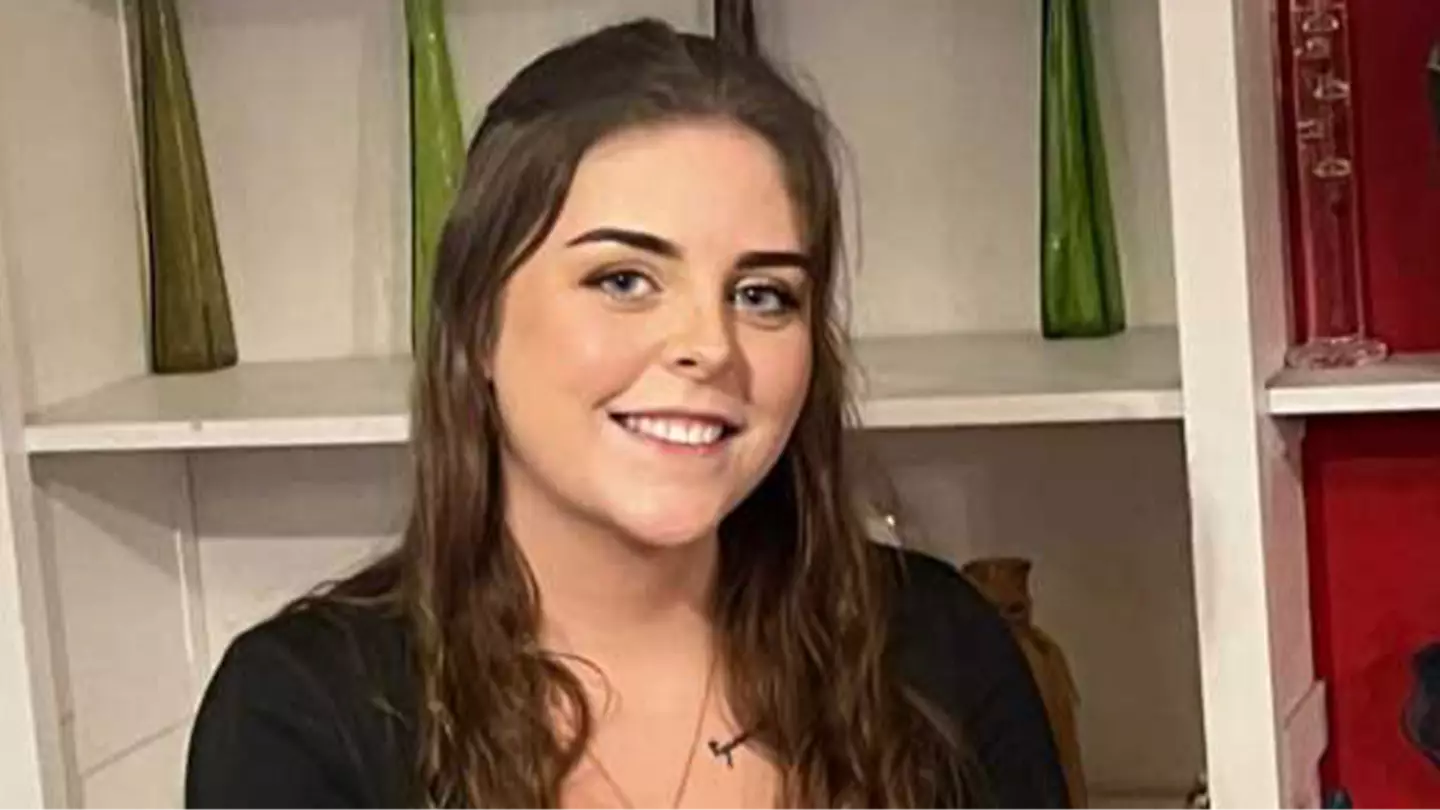A British teenager has shared her challenging journey in convincing doctors to take her health concerns seriously as she experienced troubling symptoms.
At the age of 19, Milli Tanner made numerous attempts to understand the problems she was facing with her health.
Despite her efforts, Tanner had to persistently advocate for herself after being dismissed over a dozen times across two years.
Doctors initially told Tanner, now 23, that her symptoms were likely due to piles, irritable bowel syndrome (IBS), or menstrual issues, when in reality, she was battling a potentially fatal tumor.
Her worries were often overlooked because of her young age, with medical professionals suggesting she was “too young” to have bowel cancer.
Reflecting on her experience, Tanner, from Evesham, Worcestershire, shared: “They said that maybe I’d had a night out, had too much to drink, and that was irritating my stomach.

“But the bleeding carried on, as well as the abdominal pain … it was continuous.
“There were discussions at the GP, such as: could it be my periods? Could it be this, could it be that?
“And I said: ‘No, usually with a period, it’s maybe you have a week every month with a bit of abdominal pain, and you obviously bleed, and that’s that, but you don’t tend to lose blood through your back passage.”
Before her diagnosis, Tanner experienced lower back pain, blood in her stool, and abdominal discomfort.
She mentioned: “I continued going to the GP. They referred me for an ultrasound to check for gallstones but it wasn’t that, I had a session with a physiotherapist for the back pain and they said that they couldn’t see anything wrong at all.
“And then it was pretty much just put down to piles.”
According to the NHS, piles, also known as hemorrhoids, are lumps that form inside and around the anus.
They can improve on their own within a few days, but symptoms can be severe, including bright red blood after using the toilet, itching or pain around the anus, and a sensation of needing to use the toilet even after doing so.

From June 2021 to November 2023, Tanner reported having 13 GP appointments, visiting the emergency room, and making a call to NHS 111.
She expressed her frustration over not receiving a clear diagnosis.
Tanner eventually decided to order a faecal immunochemical test (FIT) online, which detects tiny amounts of blood in the stool that might suggest bowel cancer.
The test results were positive, and Tanner brought them to her GP, but this did not immediately solve the problem.
Following medical protocols, her GP ordered a FIT test through the National Health Service.
Tanner explained: “The GP did put through a referral for a colonoscopy but I had a phone call to say it was a 60-week wait.
“Once the GP had ordered their own FIT test and it was positive, they were able to put it through as urgent.”
By this time, Tanner already suspected she had bowel cancer after researching the symptoms and indicators.
After an expedited colonoscopy, she received the heartbreaking news that her bowel cancer had metastasized to her lymph nodes and was at stage three.
Tanner has since undergone chemotherapy, radiotherapy, surgery, and now lives with a permanent stoma. Her recent CT scans show no cancer presence.
She advises others: “I’d say to people: you know your own body better than anybody else does.
“If it feels wrong, then keep going back until you find what is wrong.”
If you have been affected by these issues and wish to talk to someone in confidence, contact the American Cancer Society at 1-800-227-2345 or through their live chat, available 24/7 every day of the year.

